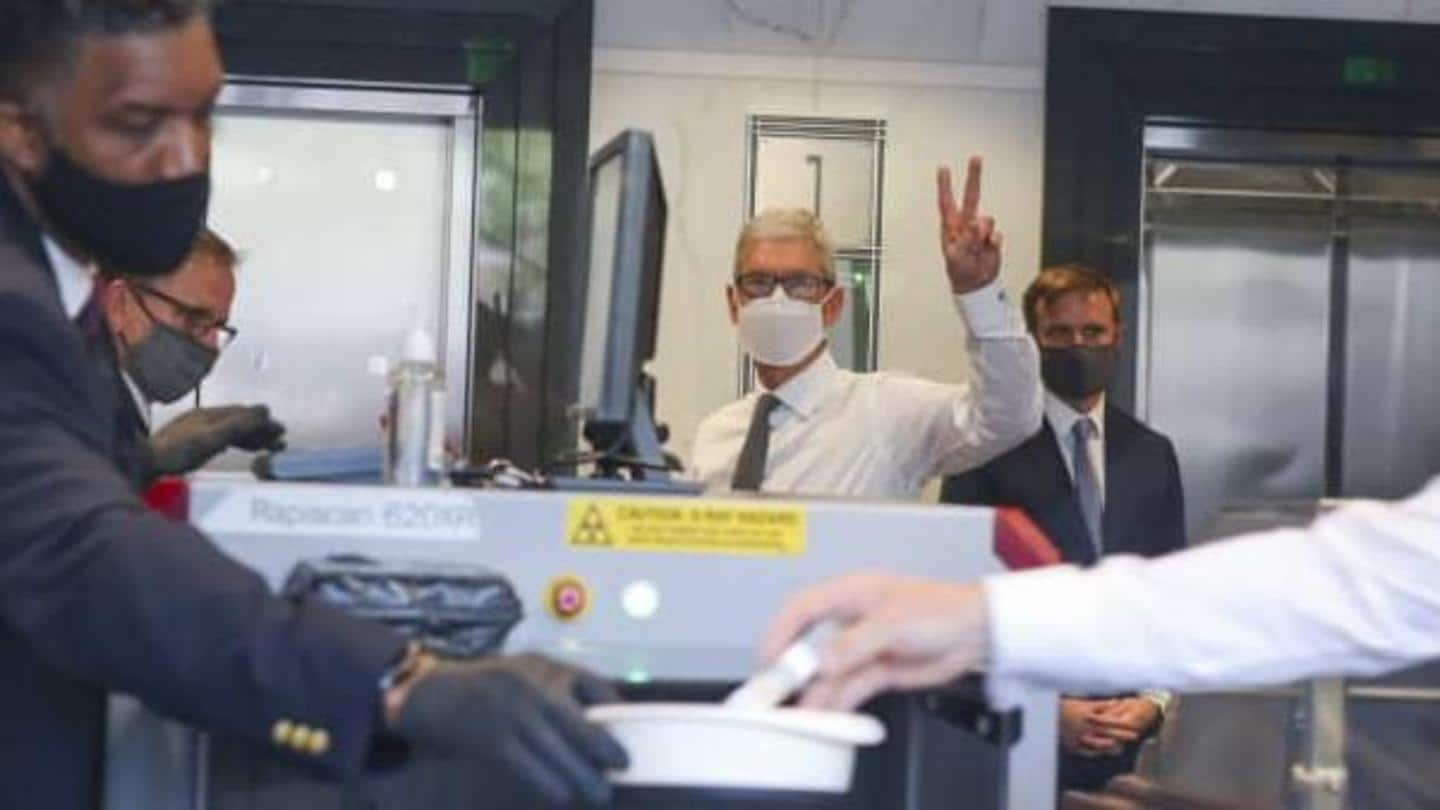
Epic v/s Apple: Cook asked why gamers paying for bankers
What's the story
Apple CEO Tim Cook testified in the final round of testimony for the Epic v/s Apple lawsuit. Judge Yvonne Gonzalez Rogers posed some pointed questions to Cook over Apple's business model and Epic's claims about unfairly leveraging its monopoly. Cook, however, refuted the allegations and contended that its business practices were critical to funding its services, while accusing Epic of seeking a free ride.
Bailing out bankers
Judge underscored the irony of making gamers pay for bankers
Judge Rogers underscored the sharp disparity in Apple's App Store revenue sources, with video game apps contributing a lion's share while banking apps such as Wells Fargo paying nothing apart from annual developer fees. Observing how the gaming industry generates a "disproportionate amount" of revenue for Apple, she questioned the fairness of having video game apps subsidize all the free apps in the store.
Need v/s greed
But Cook dodged the question, cited App Store maintenance costs
Cook doesn't believe it is unfair to have gaming apps contribute more than others. He argued that allowing a large number of free apps steers more traffic to all developers. The Apple CEO dodged the judge's concerns about gaming apps paying disproportionately more while countering how Apple's fees are justified given it needs to maintain developer tools, API systems, and customer service framework.
By the book
Cook explains Apple's fees only apply to digital goods' sales
However, Judge Rogers wasn't in a mood to relent and categorically asked Cook why Apple takes a cut off in-app transactions for games, but not for banking transactions. Cook argued that Apple specifically charges a fee only for transactions involving digital goods, which is a deliberate business choice. Unlike banking transactions, in-app purchases within games come under the ambit of digital goods.
Mental gymnastics
Cook contends dissatisfied developers is testament to Apple's quality control
The US District Judge Rogers pointed to Apple's own survey which revealed that 39 percent of its developers were "somewhat" or "very" dissatisfied with the company's distribution services. Cook maintained that the "friction" with developers is due to its high app rejection rate, which he argued is a reassuring sign of trust for its users.
Sounds like monopoly
Judge unconvinced whether Apple is incentivized to address developer needs
The Apple CEO was obviously hinting at how the App Store policy of gatekeeping apps to ensure higher quality was in stark contrast to rival Google's Play Store ecosystem with its lenient app vetting leading to poor overall quality. Judge Rogers, however, remarked that Cook doesn't seem to "feel pressure or competition" to address developer concerns, which tacitly reinforced Epic's concerns about Apple's monopoly.
Questioning integrity
Epic questioned Cook over 'compromises' made to operate in China
Meanwhile, Cook's testimony also stoked the sensitive subject of Apple's recently revealed policies in China. Epic's legal team questioned Cook about Chinese iCloud data being owned by a Chinese state-owned company and other "compromises" it makes to conduct business in the country. Epic also called a witness who testified that the App Store profit margin is a whopping 77.8 percent, which Apple categorically disputed.